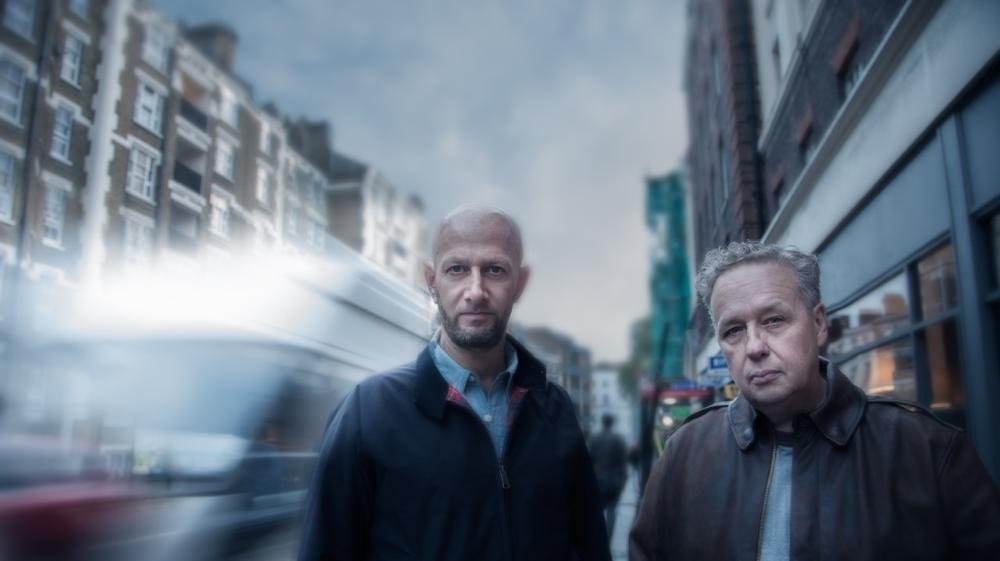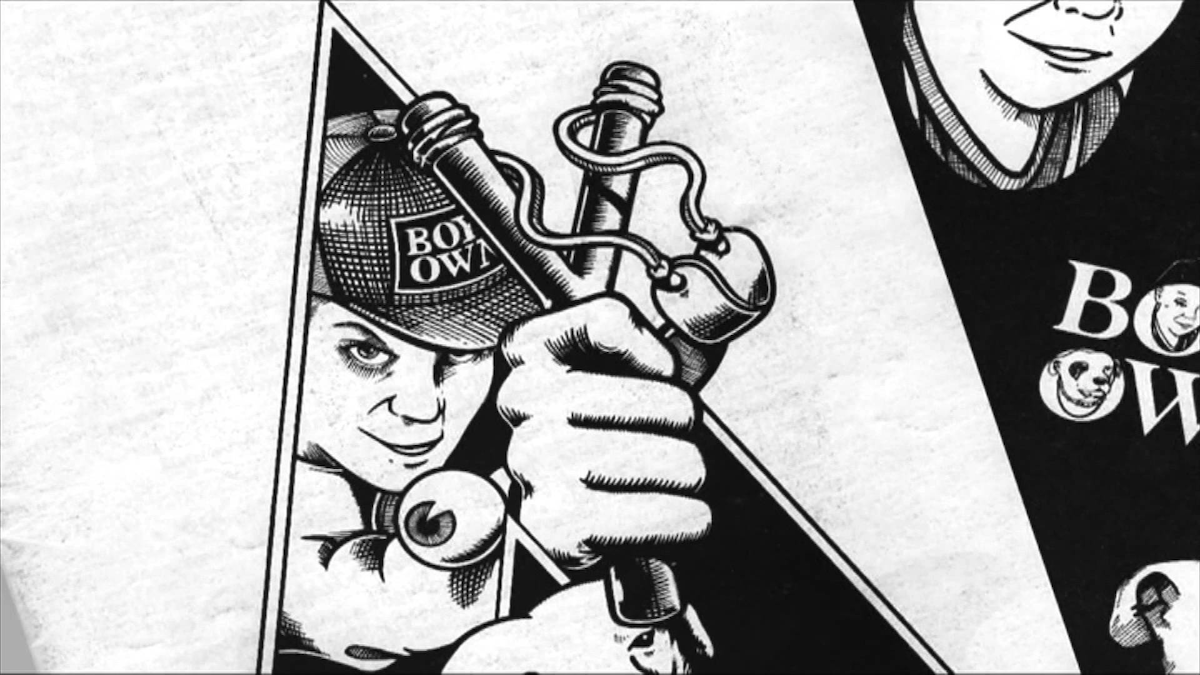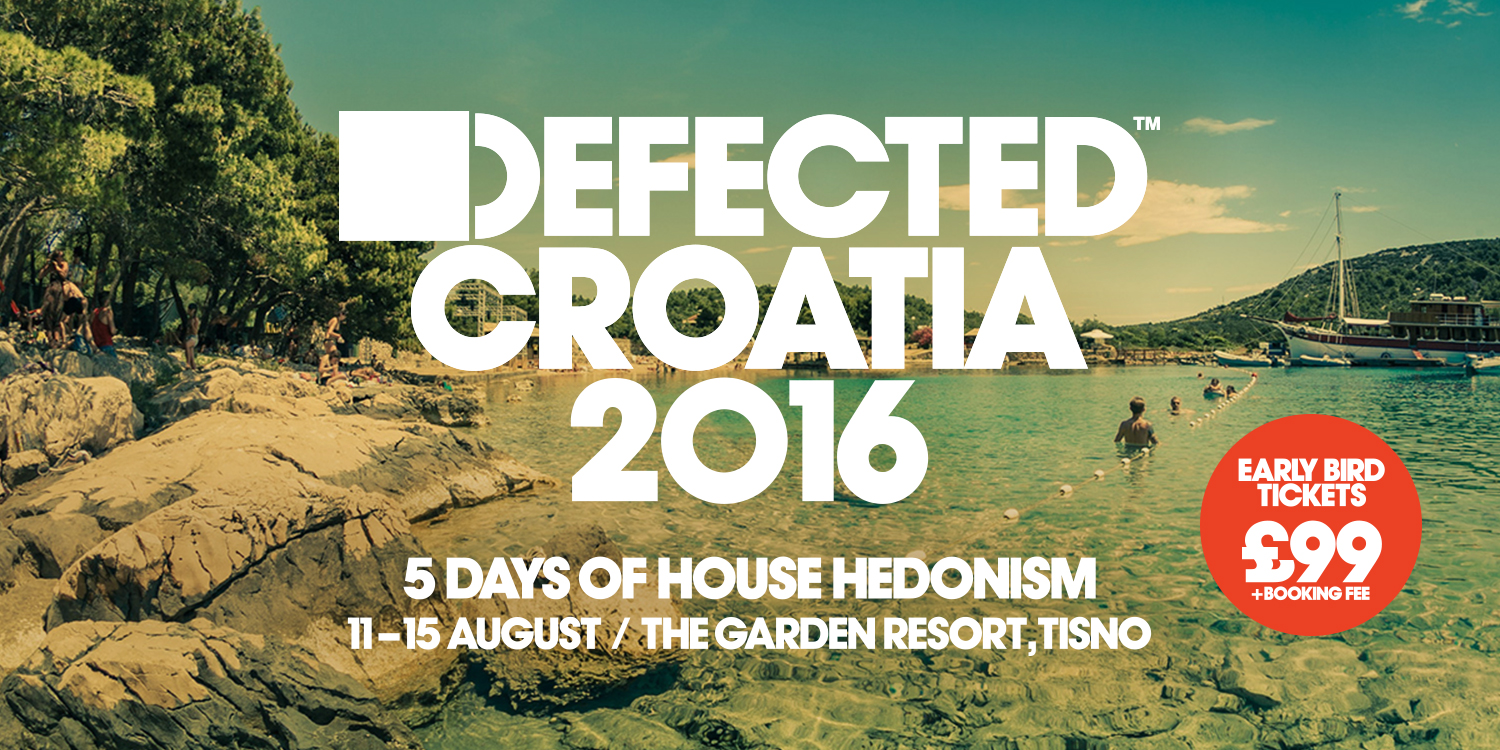Consider the work of Pete Heller and Terry Farley under any one of their many aliases - it makes no difference - the effect is the same. Over the past 25 years, the duo has forged a particularly British brand of underground house music with enough poise and purpose to cement itself into clubland folklore.
Farley and Heller met at Danny Rampling’s legendary Shoom! party in London, at a time and place where the UK’s house identity first gained shape. Both were DJs, the latter a warm-up for Rampling who sometimes also got to play guitar over the main man’s cherished sets. They clicked and together were soon embracing several other clubs and parties essential to the UK house story – Spectrum (where Farley played), Future, The Trip, early Ministry of Sound then further afield at Amnesia in Ibiza and even The Sound Factory in New York.
And so, looking back, it’s no wonder that Farley and Heller’s studio sound has continually delivered both classic sweep and innovative edge. As part of the infamous Boys Own collective (kick-started by Farley as an influential fanzine during the mid-Eighties, before developing into events and a record label), the pair were able to build an incredible discography and wider cultural legacy by working under remix and production guises such as Roach Motel, Fire Island and The Heller & Farley Project. An engaging DJ double act further amplified their status.
After Nineties hits such as ‘If You Should Need A Friend’ (Fire Island), ‘The Night’ (Roach Motel) and ‘Ultra Flava’ (Heller & Farley), joint activity pretty much ceased with solo commitments taking over. From Heller’s unstoppable single ‘Big Love’ and collaborations with Tedd Patterson and Bedrock, to Farley’s influential captaincy of new fanzine Faith (plus the famous Faith parties) and recent cult compilations Acid Rain and Acid Thunder there has been steady noise. However it is only over the past 18 months or so that one of house music’s best loved combos has properly re-emerged. A compilation with Get Physical in late 2014 made way last year for sweet Frankie Knuckles tribute single ‘Baby Wants To Ride’ and now, excitingly, the latest instalment of the Defected anthology series House Masters. Heller and Farley’s inauguration into one of the scene’s most highly regarded compilation canons has sparked various new plans and projects.
So you’re officially ‘House Masters’ then…
Terry Farley [TF]: The album started over a few texts, it was fantastic to be recognised. Putting the thing together was fairly straightforward too. We picked a big list of our favourite tracks, half of them underground, half more obvious, allowed for a few licensing restrictions, and that was that.
Pete Heller [PH]: It’s allowed us to step back and assess what we did at the time. We were working so much that we never had the opportunity to do an album. Today, gathering all of our remixes and productions, and creating a proper body of work…an anthology…that’s a first, and hugely satisfying.
Do you regret never having recorded an album together?
TF: We had all these ideas of sitting down and doing something but never the time to dwell on it. We should have done one, we should have been M People [laughs]…Peter’s People! But, seriously, we’re proud of our contribution to house music over the years.
PH: Remember, we were jobbing DJs first and foremost. We played every weekend, together, solo, with others… We went to America, all over Europe and around the world. It was a crazy time. The House Masters album actually reflects what we were playing out and where we were going out…even to The Sound Factory in New York to see Junior Vasquez play. There were new and evolving influences and the anthology captures that perfectly.

Describe your relationship over the years…
PH: It was never hard working with Terry. We got on easily…still do. I’d want to tinker more in the studio whilst Terry was pushier. Of course, in the early days Terry had a long journey back from London to Slough where he was based [Farley started out as a gas fitter in Slough].
TF: Pete was more technically minded, whilst I was more the ideas man I guess. It worked well. Over the years we probably spent most of our time ganging up on our long-serving Liverpudlian engineer Gary [Wilkinson] with football banter. He deserves a big shout out, actually, because he worked alongside us on so many things.
How do you get on today?
PH: We’ve been doing a lot more together over the past 12 months and, as I say, it’s the same as it ever was.
TF: It just flows. I’m probably a little closer to the club scene. After our original success Pete had a young family and, understandably, wanted time to be with them. I never fully brought family into my musical life, but it feels great to be doing more stuff together. Pete also has a day-job in websites to consider but we’re finding the time to DJ together again and work on projects like this album [which also includes an updated version of ‘Ultra Flava’]. We have similar tastes but there are distinct differences too and that has always made us tick.
What are your feelings towards the current club scene?
TF: The problem today is that most DJs make arecords just to get gigs, not actually to sell music and fully engage people. Many of the records Pete and I love come from that Nineties era where there were real musicians. Now, everything goes through a computer and often it lacks soul. There’s nothing wrong with using computers but dance music has become more disposable.
PH: What’s interesting is that the younger DJs, a generation down from the 30-year-olds, are starting to explore records from the Nineties. But not the obvious tracks. And this is a good trend, because crowds have been responding well.
TF: The economic reality of music today is that the jobbing musicians have all gone. It’s a big shame. The industry is becoming more business than music.

Terry, being that you’re synonymous with Boys Own and Faith, what is your take on the invasion of social media across clubland?
TF: Social media sites are the fanzines of today. And if you’re sensible then these things can help promote your gigs and releases. They can help nurture the dance community too. Problem is, it’s like quicksand. Pete sits back but I tend to wade in and say things I don’t believe in just to get a rise! That banter can quickly turn against you if you’re not careful!
PH: I think Terry has the perfect social platform. I tend to dip in and out, and it’s a new tool artists need to consider because if you’re not in, you’re not anything. Back in the day, the channels of promotion were simple – the wall of the record shop and radio like Danny Rampling’s show [on BBC Radio 1]. Now, there are so many channels.
TF: And you need to play the game with them or else you’ll get lost. Labels like Defected are working this 24-7, hence they’re right up there….
What’s next for you two?
TF: We’ve been playing a few more gigs, brushing off the Christmas cobwebs in cities like London and Edinburgh and having fun. There’s more to come.
PH: We also have a demo of a new track with Tedd Patterson, who has delivered some great spoken word over our music. There are deeper plans. Terry and I are talking about further records, including an album project, but such things need to fit in with our other commitments. We’ll see.
Is your sound changing?
TF: I think Pete will agree – we have a very simple way of working and that hasn’t ever changed. In terms of sound, as you might expect we’re making modern versions of the sounds and feelings of our older records. There’s no point in making any of those dreadful new British ‘deep house’ records; we’re about modern classic house.
PH: We’re influenced by lots of things so, yes, our sound is very fluid.
What’s particularly influencing you right now
TF: I like Doorly. His tracks kind of remind me of our stuff…that edgy underground sound that works on the big floors. Interestingly I’ve always been a little anti-techno - except for the things like Underground Resistance - but now I’m finding myself playing darker. The vocal records have given way to the dark side.
PH: There are less vocal records now, of course. It’s hard to play that sound if it’s not being made. We also like a lot of afro-house, what with all the instrumentation. Lots of different things.
What is there still to achieve for Heller & Farley?
TF: We simply wish to feel satisfied as DJs and producers, which we do.
PH: Yes, so long as we continue to feel happy about the music we play and make then there’s nothing else we really need.
Words: Ben Lovett

Defected presents House Masters Heller & Farley is out now (3CD / Digital / Streaming) on Defected Records - order the CD from DStore and digital from iTunes along with an exclusive CD and Junior Boy's Own t-shirt bundle




